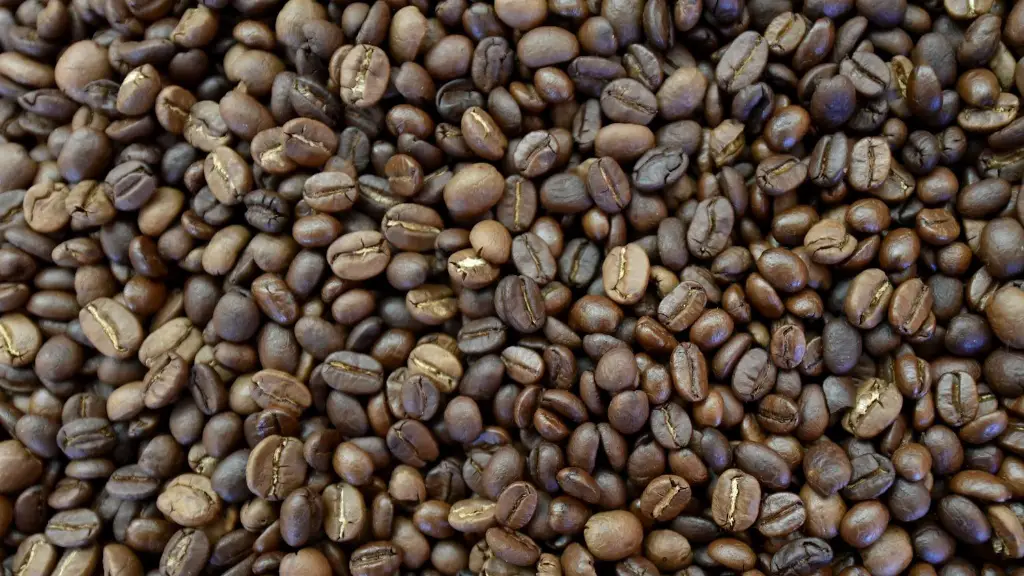How long after gastric sleeve can I drink coffee
One of the most common questions about bariatric surgery is how soon you can resume coffee drinking after undergoing a gastric sleeve procedure. The answer largely depends on your individual circumstances, as well as the advice provided by your bariatric surgeon. Coffee is a stimulant, meaning that there are diverse physical and emotional effects when consumed, in addition to its bitter taste.
For those who have had or plan to have a gastric sleeve procedure, coffee may be off the table for a few weeks or months after the surgery. Heavy coffee drinkers may need to abstain completely, or reduce the amount of coffee they drink.
At first, your stomach and digestive system require time to heal and adjust to your new gastric size. After the surgery, food intake should be restricted, as your stomach can only hold so much and anything bigger can cause pain and vomiting. Coffee contains caffeine and is considered a stimulant, therefore it should be avoided after the procedure as it can be detrimental to the recovery process.
Consumption of coffee should be avoided for at least the first few weeks after surgical procedure. The reason for this is that coffee can increase the production of stomach acid, which can be painful and cause further damage to the already-healing tissue in the stomach. Furthermore, drinking coffee can increase the risk of developing acid reflux or heartburn. Both of these conditions can become more severe after gastric sleeve surgery.
Your bariatric surgeon may provide additional advice about when to drink coffee. In general, it is important to listen to your body and proceed cautiously. Once you are cleared to resume drinking coffee, make sure to drink it in moderation and monitor how you feel after drinking it. If you experience any discomfort or unease while or after drinking coffee, then it is best to stop consuming it altogether.
When deciding when to reintroduce coffee, it is important to consider your dietary needs to ensure that you get the nutrition you need from foods. Coffee can make you feel full and this can lead to you missing necessary nutrients needed for proper healing. Therefore, you may consider waiting for a few months before introducing coffee into your diet.
Complications to consider
There are a few potential complications that need to be taken into consideration when deciding when to consume coffee after a gastric sleeve procedure. Coffee consumption can lead to a higher risk of developing dehydration or an electrolyte imbalance, as it acts as an diuretic and can cause the body to lose water and electrolyte balance quicker. After a gastric sleeve procedure, the stomach is smaller and the body requires more water to be absorbed to stay hydrated. This can cause an electrolyte imbalance, leading to further complications such as muscle cramps, fatigue and dizziness. Therefore, it is important to stay hydrated and ingest more fluids than before the surgery.
Another potential complication is the effect of coffee on blood sugar levels. Caffeine can reduce the glucose level in the blood and should be consumed with caution. If too much caffeine is consumed, it can lead to dizziness, confusion, and faintness, and more drastically, a drop in blood sugar level leading to a risk of a hypoglycemic coma. Always monitor your blood sugar levels when consuming coffee, in order to avoid any potential problems.
In addition to the potential physical complications, it is important to note that coffee can have psychological side effects, depending on the individual. Caffeine can have stimulating effects, making it difficult to concentrate when too much of it is consumed.
Key Takeways
When deciding when and how much coffee to drink after a gastric sleeve procedure, it is important to consider several factors. Coffee contains caffeine, which is a stimulant and can have adverse physical or psychological effects. It is recommended to wait at least a few weeks before drinking coffee to allow the stomach to heal and reduce the risk of developing acid reflux or an electrolyte imbalance. In general, it is important to listen to your body and proceed cautiously.
Final Words
It is important for bariatric surgery patients to understand the implications of drinking coffee after a procedure. Coffee consumption can lead to various side effects and should be avoided or limited in the recovery phase. The impact of coffee can differ from person to person, therefore it is important to consult with a bariatric specialist for individual advice about when and how much coffee to introduce in your diet.
Tips To Follow After Surgery
Bariatric surgery patients should follow certain tips to ensure a successful recovery, including drinking adequate amounts of water, sticking to small and frequent meals, consuming healthy snacks, avoiding or limiting caffeine consumption, and getting enough rest. It is also important to exercise regularly, as it can help to promote recovery and improve stamina.
Intake of Supplements and Vitamins
Bariatric patients should ensure they get sufficient vitamins and minerals through an appropriate diet or by taking supplements. It is important to speak to your bariatric surgeon about diet, supplements and vitamin requirements after your surgery. It is advisable to avoid taking iron and vitamin supplements with coffee, as it can cause gastro side effects.
Seek Professional Assistance
If you experience any unusual symptoms after bariatric surgery, it’s important to seek professional medical advice. A specialist can diagnose and provide further advice about coffee drinking, dietary requirements and other best practices for post-surgical recovery.



